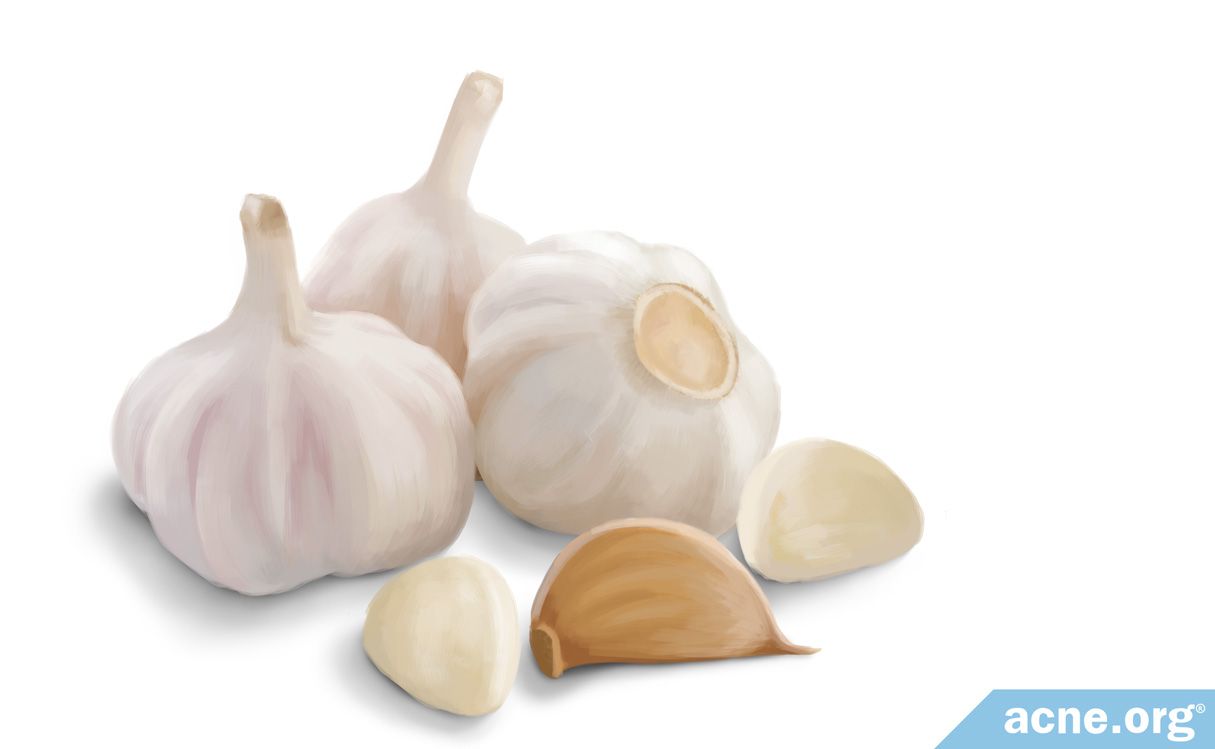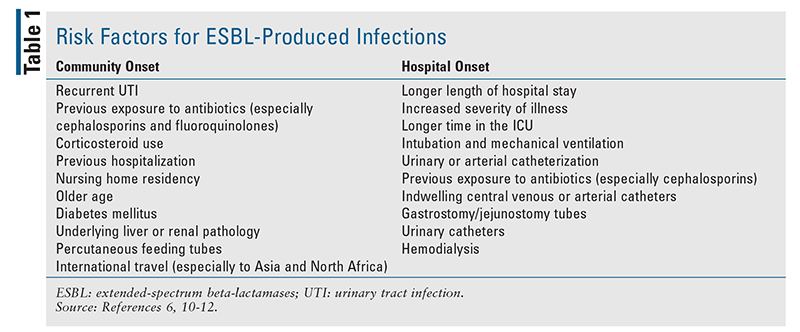Does Garlic Help With Toothache

Toothaches can be a real nuisance, disrupting our daily lives with their sharp, throbbing pains. While there are numerous over-the-counter and prescription medications available to alleviate toothache pain, some people swear by more unconventional remedies, including garlic. But does garlic really help with toothaches, or is this just an old wives’ tale?
To understand the potential benefits of garlic for toothache relief, let’s first explore the properties of garlic and how it might interact with oral health. Garlic, botanically known as Allium sativum, has been used for centuries in cooking and as a medicinal herb. It contains a compound called allicin, which is responsible for its strong smell and many of its health benefits. Allicin has been shown to have antibacterial, anti-inflammatory, and antioxidant properties, making it a potential candidate for various health applications, including oral care.
The antibacterial properties of garlic could potentially help combat the bacterial infections that often cause toothaches. Tooth decay, gum disease, and other oral infections are frequently the result of bacterial activity in the mouth. By reducing the bacterial load, garlic might help alleviate some of the pain and discomfort associated with these conditions. Moreover, the anti-inflammatory properties of garlic could help reduce swelling and ease pain in the affected area, providing relief from the throbbing agony of a toothache.
However, it’s essential to consider how garlic is typically used for toothache relief. Some people recommend crushing a clove of garlic and mixing it with a small amount of water to create a paste, which is then applied directly to the affected tooth. Others suggest chewing on a clove of garlic to release its oils and allow them to come into contact with the tooth. While these methods might seem straightforward, they also raise concerns about the potential for garlic to cause more harm than good.
For instance, applying garlic directly to the teeth or gums could potentially cause irritation or burns, especially if used in high concentrations or for extended periods. The allicin in garlic, while beneficial in many ways, is also highly potent and can cause tissue damage if not used carefully. Furthermore, relying solely on garlic for toothache relief might lead individuals to delay seeking professional dental care, allowing underlying conditions to worsen and potentially leading to more severe complications, including abscesses, infections spreading to other parts of the body, or even tooth loss.
It’s also worth noting that the scientific evidence supporting the use of garlic for toothache relief is largely anecdotal. While there are studies demonstrating the antibacterial and anti-inflammatory properties of garlic, there is a lack of specific research focusing on its efficacy for toothache pain. Most dental professionals and health organizations recommend seeking care from a qualified dentist for toothaches, as they can provide a proper diagnosis and appropriate treatment, whether that involves fillings, root canals, or other interventions.
In conclusion, while garlic does possess properties that could theoretically help with toothache relief, such as its antibacterial and anti-inflammatory effects, the current state of evidence does not strongly support its use as a primary treatment for toothaches. Garlic might be considered a complementary remedy to help manage minor toothache pain, but it should not replace professional dental care. For anyone experiencing a toothache, the best course of action is to consult with a dentist, who can provide an accurate diagnosis and recommend the most appropriate treatment options.
Can garlic cure a toothache entirely on its own?
+No, garlic should not be relied upon as the sole treatment for a toothache. While it may provide some relief due to its antibacterial and anti-inflammatory properties, it does not address the underlying causes of toothaches, such as cavities, infections, or gum disease, which require professional dental care.
How should garlic be used for toothache relief, if at all?
+If considering garlic for toothache relief, it's crucial to use it with caution. A small amount can be mixed with water to create a paste and applied to the tooth, or a clove can be chewed to release its oils. However, this should be done sparingly and with the understanding that garlic is not a substitute for proper dental care.
What are the potential risks of using garlic for toothache relief?
+The potential risks include irritation or burns to the teeth and gums, especially with concentrated garlic applications. Additionally, relying on garlic might lead to delayed professional treatment, allowing conditions to worsen.
What is the best course of action for someone experiencing a toothache?
+The best course of action is to consult with a qualified dentist. They can provide a proper diagnosis and recommend the appropriate treatment, which may include fillings, medications for pain and infection, or other dental procedures.
Can garlic be used in conjunction with other remedies or treatments for toothache relief?
+While garlic might be used alongside other home remedies or over-the-counter pain relievers, it's essential to consult with a dentist before combining any treatments. Professional guidance ensures that the chosen methods are safe and effective, complementing rather than interfering with necessary dental care.
Are there any instances where garlic might be particularly beneficial for oral health?
+Garlic's antibacterial properties might be beneficial in preventing the growth of certain bacteria in the mouth. However, its use should be considered within the context of overall oral hygiene practices, including regular brushing, flossing, and dental check-ups, rather than as a replacement for these practices.
In the realm of oral health, while garlic offers intriguing possibilities due to its medicinal properties, it remains a supplementary option rather than a primary treatment for toothaches. For comprehensive care and to address the root causes of toothache pain, professional dental advice and treatment are indispensable. As with any health concern, consulting with a qualified professional ensures that individuals receive the most appropriate and effective care, combining the best of traditional remedies with modern medical advancements.
